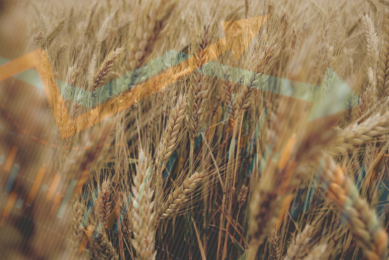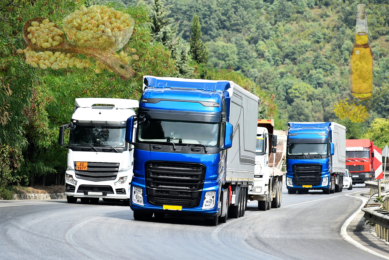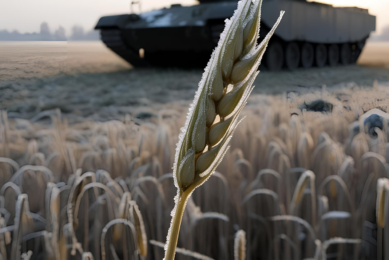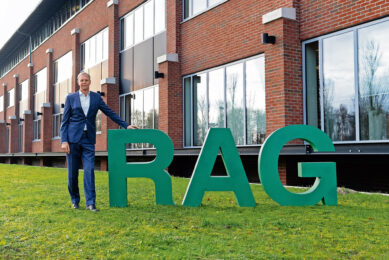Poland claims Russian’s feed additive import ban is political

Poland may call the European Commission to introduce counter-sanctions against Russia for the continual implementation of feed additive bans from the European countries over the past year.
In my opinion, Russia’s decision to limit the import of Polish feed is political, especially as the ban has affected other countries, including Germany, the Netherlands, and the Czech Republic.”
The Russian veterinary watchdog Rosselhoznadzor has informed Polish authorities that feed and feed additives imports from the country would be banned from June 25. Russian veterinary officials held an inspection of Polish feed companies between 8 and 16 June and were discouraged by the lack of control over the level of veterinary safety at the checked production facilities.
Compliance with Eurasian Economic Union requirements
“The relevant Polish authority does not check the companies exporting feed and feed additives to Russia for compliance with the requirements of the Eurasian Economic Union. Compliance with the requirements of EU legislation is checked on an irregular basis,” Rosselhoznadzor said in a statement.
Russia claims traceability is impossible
In addition, Rosselhoznadzor claimed there was no control over the raw materials imported in Poland by feed producers from other EU countries, which makes their traceability impossible.
“Raw materials are delivered to processing plants with commercial documents and not with veterinary certificates so that the epizootic welfare of the area where they were produced is not confirmed,” Rosselhoznadzor said.
Serious weaknesses in laboratory control
Rosselhoznadzor’s inspection also revealed “serious weaknesses” in laboratory control. Research on raw materials and finished products exported to Russia is carried out only for microbiological indicators. There are no tests for animal muscle growth stimulants, heavy metals, mycotoxins, antibiotics, pesticides, nitrites, aflatoxins, and nitrates, the Russian veterinary watchdog said.
Poland criticises ban as politically motivated
The Polish Agricultural Ministry said that Rosselhoznadzor has not even requested a meeting with the Polish veterinary services following the inspections, which would be a standard step to clear things up.
“I am outraged by the way the Russian side treated Polish producers. In my opinion, Russia’s decision to limit the import of Polish feed is political, especially as the ban has affected other countries, including Germany, the Netherlands, and the Czech Republic,” said Grzegorz Puda, Polish Minister of Agriculture.
Poland to contact EC about counter-sanctions
“I will be contacting the European Commission about taking appropriate action against Russia because, as I mentioned, the embargo concerns more EU countries,” Puda added.
Poland exports around 15,000 tonnes of feed per year to Russia, less than 1% of total exports, the Ministry estimated. On the other hand, Poland exports a broad range of feed additives to the Russian market.
Countries banned from exporting feed to Russia
To date, 7 other countries have been banned from exporting feed to Russia: the Netherlands, Spain, Germany, Estonia, the Czech Republic, Latvia, and Lithuania. In almost all cases, Rosselhoznadzor cited GMO fears as the main reason for introducing restrictions.











